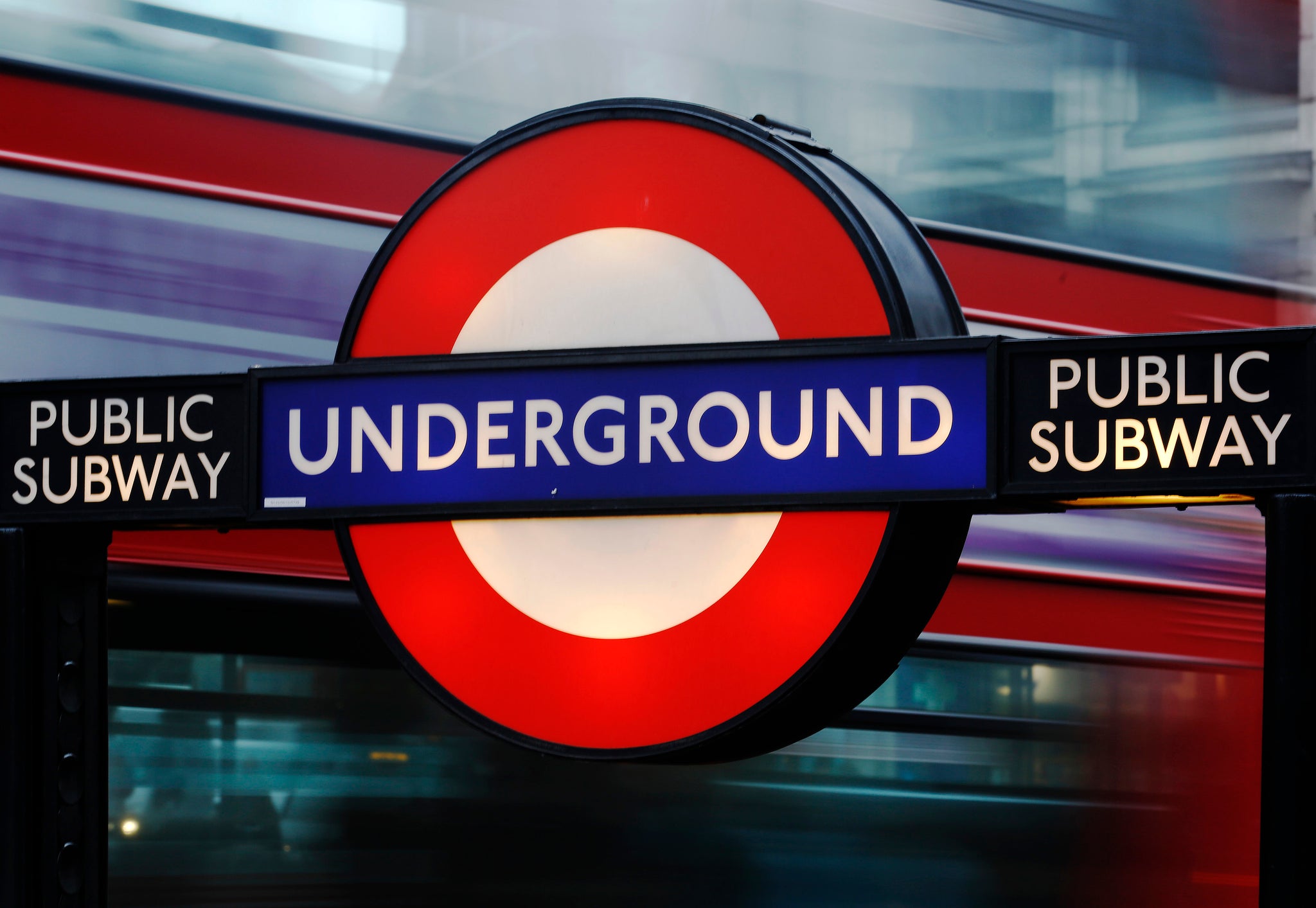Excess heat from the Northern Line to heat Islington homes
500 homes will be warmed by the hot air generated by London's least-favourite tube line

Your support helps us to tell the story
From reproductive rights to climate change to Big Tech, The Independent is on the ground when the story is developing. Whether it's investigating the financials of Elon Musk's pro-Trump PAC or producing our latest documentary, 'The A Word', which shines a light on the American women fighting for reproductive rights, we know how important it is to parse out the facts from the messaging.
At such a critical moment in US history, we need reporters on the ground. Your donation allows us to keep sending journalists to speak to both sides of the story.
The Independent is trusted by Americans across the entire political spectrum. And unlike many other quality news outlets, we choose not to lock Americans out of our reporting and analysis with paywalls. We believe quality journalism should be available to everyone, paid for by those who can afford it.
Your support makes all the difference.New plans have been unveiled to siphon off waste heat generated by the London underground to homes in Islington.
Heat from the Northern Line will be used to warm at least 500 homes in the area, cutting local energy bills and reducing CO2 emissions by 500 tonnes a year.
“It's all part of the Council's work to help people manage the rising cost of living,” said Richard Watts, Leader of Islington Council in an official statement. “Last winter was one of the coldest for decades and record energy prices meant many families on fixed incomes spent it in misery, unsure whether to heat or eat."
The plans are part of a wider initiative introduced by Boris Johnson to take advantage of London’s “secondary heat sources”. A report from July this year indicates that the mayor plans to supply 25 per cent of London’s energy demands from “decentralised sources” by 2025.
Possible sources include “waste heat arising as a by-product of industrial and commercial activities” as well as “heat that exists naturally within the environment (air, ground, water)”. These are then connected to local distribution networks.
In the case of Islington the heat from the Northern Line will be fed through the Bunhill Heat and Power centre, which currently uses secondary heat sources to heat 700 homes in the area. The project has been compared to using heat from a car engine to keep us warm when we’re driving.
The project is being funded by £2.7m from Islington Council and £1m from the European Union, where it will form part of the EU’s CELSIUS project to demonstrate how cities can more efficiently utilise waste energy.
As well as capturing heat from the Northern Line (which was recently voted Londoner's least favourite tube line) Islington council is also investigating the potential of capturing waste heat from high voltage electricity substations.
Martin Wilcox, head of future networks at UK Power Networks, said: “If it is successful there could be potential to replicate this and increase access to low carbon, low cost energy in other parts of the capital because we have electricity substations dotted throughout London which keep the lights on for millions of homes and businesses."
Join our commenting forum
Join thought-provoking conversations, follow other Independent readers and see their replies
Comments